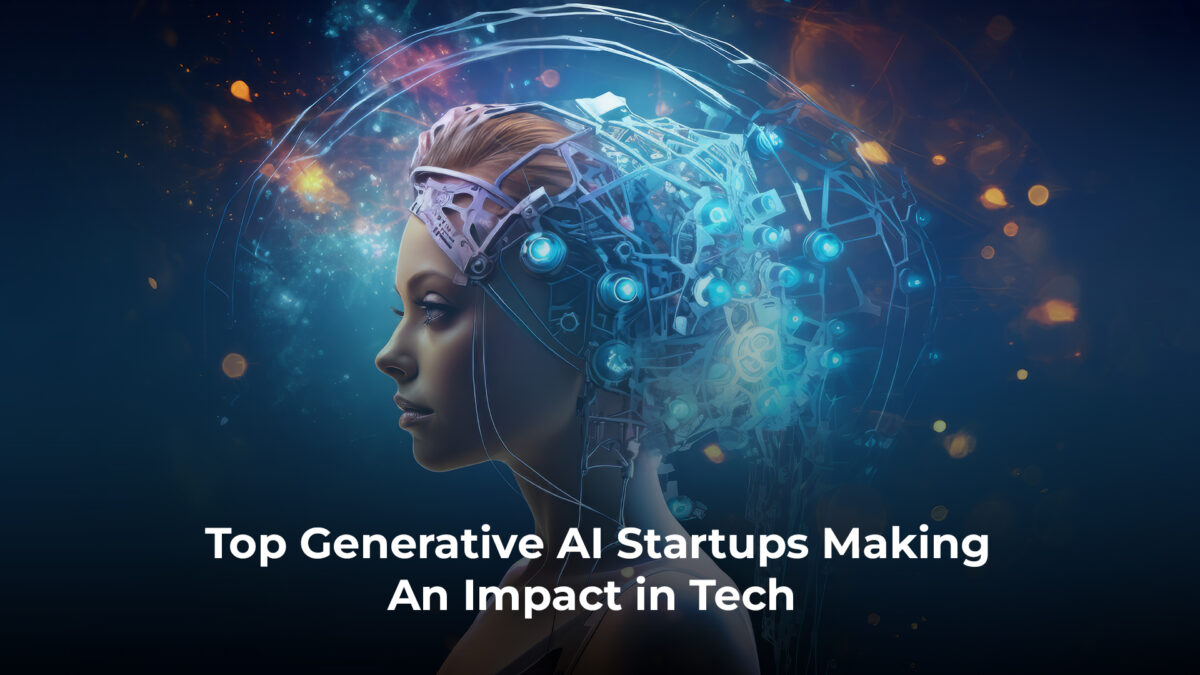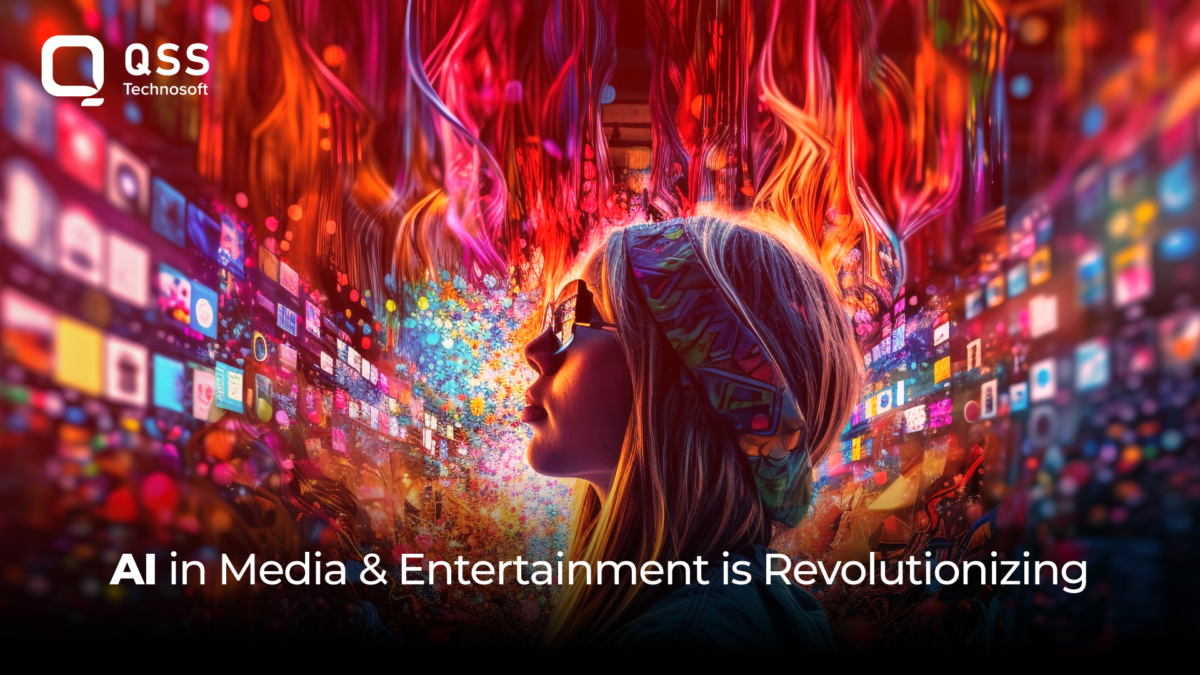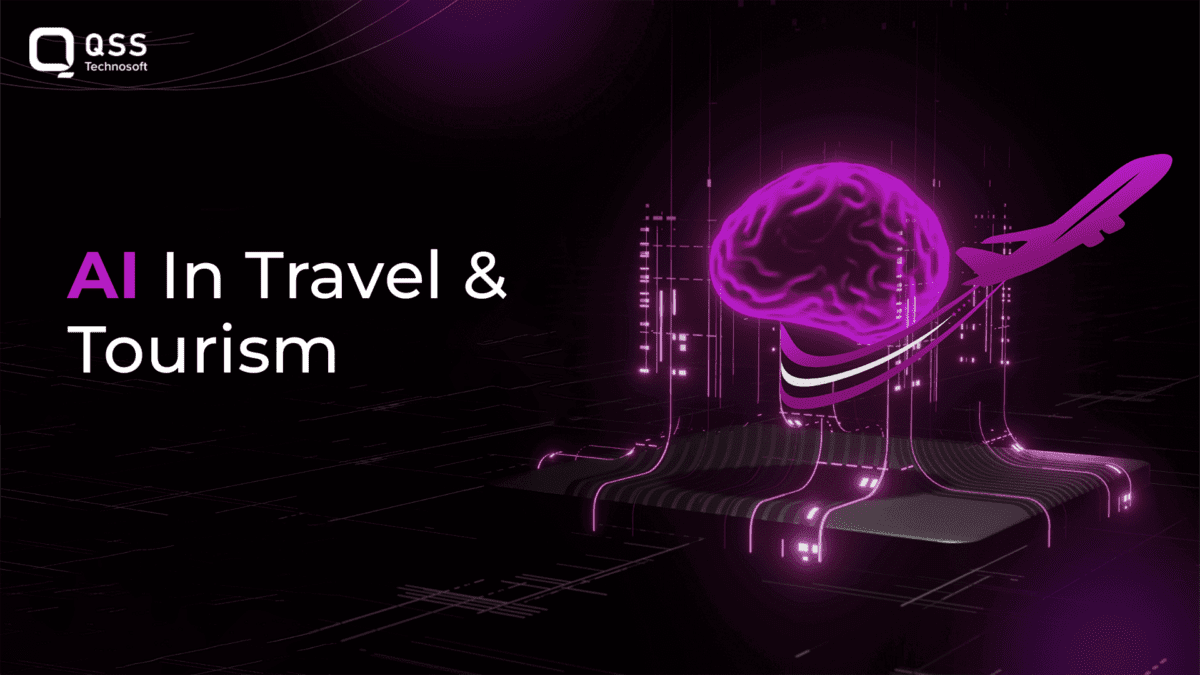Hey there, eCommerce enthusiast!
Have you noticed how the eCommerce industry has exploded in recent years? It’s like a virtual shopping spree that never ends! And guess what?
Advanced technology has played an important role in this retail revolution. The eCommerce industry has witnessed tremendous growth. With the advancements in technology, Artificial Intelligence (AI) has become an integral part of e-commerce.
But here’s the thing – AI isn’t just your typical run-of-the-mill tech. Within the world of AI, there’s a starlet stealing the spotlight – Generative AI. One specific area of AI that is making a significant impact is Generative AI. Generative AI refers to the technology that enables AI systems to generate new, original content.
Let us break it down for you in simpler terms. Generative AI is the cool kid on the AI block that can create new and original content. It’s like having your very own content generator – one that’s fueled by data and ready to whip up everything from catchy product descriptions to eye-catching images. Sounds pretty awesome, right?
You won’t believe the numbers! The Generative AI market is projected to soar to a whopping $19.63 billion by 2027. That’s some serious moolah! Clearly, Generative AI is the rising star of the AI world.
So let’s read more information into the world of Generative AI in eCommerce. So, are you ready to adopt the power of Generative AI in e-commerce? Let’s do this!
Understanding Generative AI:
Generative AI is based on key concepts and principles that allow AI models to create new and unique content. These models are trained on vast amounts of data and can generate text, images, videos, and even entire products or designs. Generative AI systems are designed to learn patterns and generate new content that is similar to the original data it was trained on.
Let’s take the fashion industry as an example.
A clothing brand wants to create trendy and unique designs for their new collection. Instead of relying solely on human designers, they can use Generative AI to generate new design ideas.
The AI model is trained on a vast dataset of fashion designs, trends, and styles from various sources. It learns the patterns, color combinations, and textures that are popular in the fashion world. With this knowledge, the Generative AI model can then generate new and original design concepts that align with the brand’s style.
Human designers can then refine and enhance these AI-generated designs, resulting in a truly collaborative and innovative process.

Key concepts and principles behind Generative AI:
Neural Networks: Generative AI models are based on neural networks, which are designed to mimic the human brain’s functioning. These networks consist of interconnected artificial neurons that process and analyze data.
Training Data: Generative AI models require large amounts of training data to learn patterns and generate new content. This data can include product descriptions, images, customer reviews, and more.
Generative Models: There are various types of generative models such as Generative Adversarial Networks (GANs), Variational Autoencoders (VAEs), and Transformers. These models are trained to generate content based on the learned patterns.
Read Our Old Blog: Create Your Ultimate AI Toolbox for Interior Design and Architecture
Top Benefits of Generative AI in eCommerce:

Personalized Recommendations:
Generative AI can analyze customer data and generate personalized product recommendations. For example, based on a customer’s browsing history and preferences, the AI system can generate recommendations for similar products or complementary items.
Example: Amazon’s recommendation system uses Generative AI algorithms to analyze user browsing history and purchase patterns. It generates personalized product recommendations based on similar products viewed by other customers with similar preferences.
Content Generation:
Generative AI can create original and engaging content. For instance, AI models can generate product descriptions, marketing copy, and social media posts, saving time and effort for businesses.
Example: OpenAI’s GPT-3 (Generative Pre-trained Transformer 3) can generate high-quality product descriptions and blog posts that are almost indistinguishable from those written by humans.
Product Design and Customization:
Generative AI can assist in product design and customization. By analyzing customer preferences, AI models can generate unique designs or product variations, allowing businesses to offer personalized products to their customers.
Example: Nike used Generative AI to create unique shoe designs through its “Nike By You” customization platform. Customers can personalize shoe colors, materials, and patterns, and the AI system generates custom design options based on their preferences.
Fraud Detection:
Generative AI can be utilized in fraud detection and prevention. By analyzing patterns and anomalies in customer behavior, AI models can generate alerts for potential fraudulent activities, helping eCommerce businesses to protect themselves and their customers.
Example: PayPal utilizes Generative AI algorithms to detect and prevent fraud. By analyzing transaction patterns and user behavior, it can generate alerts for potential fraudulent activities or suspicious transactions, providing an additional layer of security.
Inventory Management:
Generative AI can optimize inventory management by predicting demand and generating accurate forecasts. By analyzing customer data, AI models can generate insights on the best times to restock, reducing wastage and improving efficiency.
Example: Walmart uses Generative AI to optimize inventory management. By analyzing historical sales data, weather patterns, and promotional events, AI models generate accurate demand forecasts. This allows Walmart to stock the right products at the right time, minimizing overstocking and shortages.
Virtual Assistants:
Generative AI can power virtual assistants and chatbots to provide personalized customer support. By understanding customer queries and patterns, AI models can generate relevant and accurate responses, enhancing the customer experience.
Chatbot platforms like Chatfuel or IBM Watson Assistant use Generative AI to provide personalized customer support. These virtual assistants analyze customer queries, generate relevant responses, and assist with common tasks like order tracking or returns.
Read Our Old Blog: Chat GPT – Here is All About Viral AI Tool
Use Cases in eCommerce:
- Recommendation Systems: Generative AI is used to power recommendation systems in eCommerce platforms. By analyzing customer data and generating personalized recommendations, businesses can increase sales and customer satisfaction.
- Image and Video Generation: This can be utilized to generate high-quality images and videos for eCommerce product listings. This enables businesses to showcase their products in a more visually compelling way.
- Virtual Try-On: Generative AI can assist in virtual try-on solutions, where customers can virtually try on products like clothing or cosmetics before making a purchase. By generating realistic virtual representations, customers can make informed decisions.
Real World Applications: Success Stories:
Here are four successful brands that have successfully implemented Generative AI in eCommerce.
- Amazon

-
- Uses Generative AI algorithms for dynamic pricing to adjust product prices in real-time based on market trends, competition, and customer demand, ensuring optimal profit margins and customer value.
- Implements Generative AI-powered chatbots to provide customer service and support, enabling customers to get quick assistance with order tracking, returns, and refunds.
- Enhances their logistics and supply chain operations through Generative AI-powered predictive analytics, allowing them to forecast shipping times and provide more accurate delivery estimates to customers.
- Uses Generative AI for fraud detection and prevention by analyzing user behavior and transactional patterns to recognize fraudulent activities and protect users from potential fraud or hacking attempts.
- Alibaba:
-
- Adopted Generative AI to optimize inventory management and predict demand accurately, reducing wastage and improving efficiency.
- Used AI algorithms to analyze customer data, historical sales, and external factors to forecast demand accurately.
- Achieved cost savings by avoiding overstocking or understocking products.
- Improved customer satisfaction by ensuring products are readily available based on demand patterns.
- Enabled businesses on the Alibaba platform to make data-informed decisions on inventory management.

- Wayfair:
-
-
- Implemented Generative AI to personalize product recommendations and design customized home decor items.
- Generated unique home decor designs based on customer preferences, allowing for a personalized shopping experience.
- Increased customer engagement and conversion rates through tailored recommendations.
- Enhanced product offerings and differentiated their brand by offering customized furniture and decor options.
- Improved customer satisfaction by providing visually appealing and unique home decor solutions.
-
- Adidas:
-
- Utilizes Generative AI to personalize the shopping experience for customers.
- Implemented AI algorithms that analyze customer preferences, purchase history, and browsing behavior to recommend products tailored to each individual.
- Enables customers to customize and personalize their products using AI-powered tools, such as customizing shoe designs or selecting personalized apparel.
- Improves customer satisfaction and engagement by offering a unique and personalized shopping experience.
- Generative AI technology allows Adidas to create limited edition or exclusive products based on customer preferences and feedback.
- With the help of Generative AI, Adidas has been able to improve its product recommendations, offer personalized designs, and create a more engaging and customized e-commerce experience.

Challenges and Considerations:
Here are challenges that are commonly associated with Generative AI in eCommerce, along with their implications for businesses.
- Data Privacy:
Challenge: Generative AI models require access to large amounts of customer data, raising concerns about privacy and data security.
Implications: Businesses must ensure that customer data is handled ethically, securely, and in compliance with data protection regulations.
How QSS Technosoft can help: QSS Technosoft specializes in developing secure and robust AI solutions, prioritizing data privacy, and implementing best practices for data protection.
- Bias and Fairness:
Challenge: Generative AI models can unintentionally adopt biases present in the training data, leading to unfair recommendations or decisions.
Implications: Biased AI systems can damage brand reputation, result in unequal treatment of customers, and contribute to social inequality.
How QSS Technosoft can help: QSS Technosoft focuses on fairness and can implement techniques to detect and mitigate bias, ensuring more equitable and unbiased AI systems.
- Ethical Use:
Challenge: Generative AI technology should be used responsibly and ethically to avoid harm and uphold ethical standards.
Implications: Unethical use of AI can lead to public backlash, legal consequences, and reputational damage.
How QSS Technosoft can help: QSS Technosoft prioritizes ethical considerations when developing AI solutions, adhering to ethical frameworks and industry best practices.
- Transparency and Explainability:
Challenge: Generative AI models can be complex and difficult to interpret, making it challenging to understand their decision-making process.
Implications: Lack of transparency and explainability can erode trust in AI systems and hinder regulatory compliance.
How QSS Technosoft can help: QSS Technosoft focuses on developing explainable AI models, providing transparency in the decision-making process and insights into how the models arrive at their recommendations.
- Scalability and Performance:
Challenge: Building and scaling Generative AI models that deliver accurate recommendations at a large scale can be computationally intensive and challenging.
Implications: Inefficient and slow AI systems can impact user experience, hinder real-time personalization, and limit business growth.
How QSS Technosoft can help: QSS Technosoft specializes in building scalable AI models optimized for performance, ensuring fast and efficient recommendation generation.
Read Our Old Blog: Exploring the Impact of Generative AI in Design and Content Creation
Future Trends and Developments:
1. Continued Advances in Deep Learning: According to a report by Gartner, deep learning techniques are expected to continue advancing at a rapid pace, leading to more sophisticated generative AI models in the eCommerce domain. This trend is driven by ongoing research and development in the field of artificial intelligence and machine learning.
2. Enhanced Customer Experience: A study conducted by Boston Consulting Group found that 73% of consumers prefer personalized shopping experiences. Generative AI will play a crucial role in meeting this demand by providing more accurate and personalized recommendations, virtual try-on experiences, and even generating tailored marketing content. This will enhance the overall customer experience and drive customer engagement.
3. Responsible AI Practices: With growing concerns about bias, fairness, and ethical use of AI, there is a heightened focus on responsible AI practices. Companies are expected to prioritize transparency in AI decision-making, ensure fairness in algorithms, and responsibly handle and protect customer data. This is integral to maintaining trust with customers and ensuring compliance with regulations.
Conclusion:
Generative AI has the potential to greatly transform the eCommerce industry with improved business processes. With QSS Technosoft, businesses can effectively use and adopt generative AI and gain a competitive edge in the eCommerce business. So, let’s confidently navigate these challenges and welcome the exciting possibilities that generative AI offers!
We are proud to mention that our work has been recognized by leading B2B reviews and research platforms like GoodFirms, Clutch, MirrorView, and many more.

















